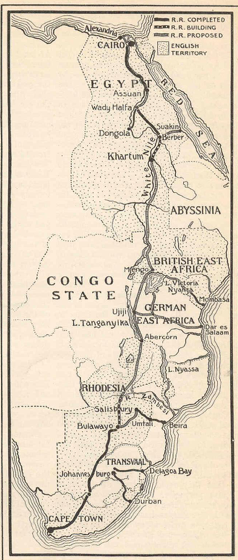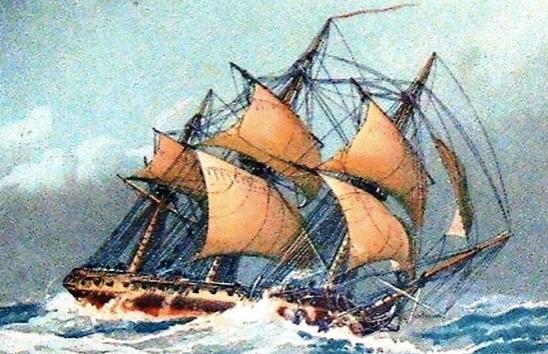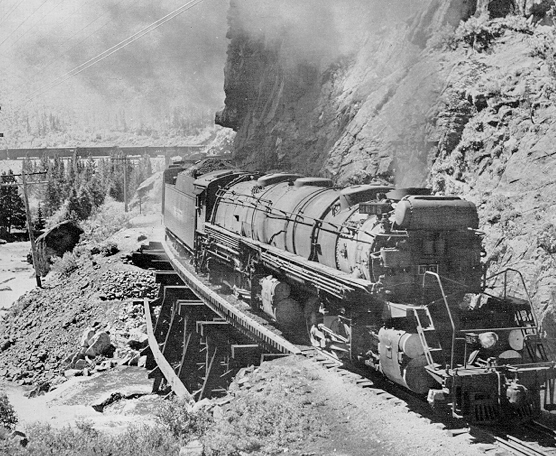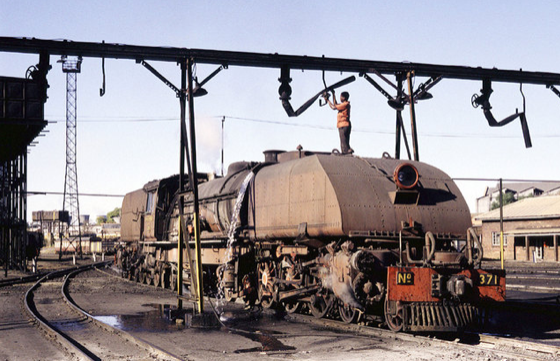“Dark continent” is the tag with which Africa has been labelled by modern civilization and the discovery of western exploration to the continent. When you think about trends of socio-economic, technological and scientific developments that have emerged globally, through the pre historic era until the European exploration of Africa during the 15th century and the pre/post-colonial days until now; the question that bugs the average mind is whether Africa is predestined to its prolonged slackness to keep pace with the developed nations of the world.
The colonial powers saw Africa as a vast and dangerous place filled with savage people while on the contrary many chant Africa as the home to many advanced exotic civilizations of which archaeologists confirmed to have been buried beneath the sands of time. The fact of it all is that the mysteries surrounding misgivings and misplaced conflicts of interests in and around Africa ideally shows that people’s curiosity will continue to uncover more clues about the propensity of Africa’s civilizations.

Historically, we know that the first people who brought Africa into the lime light of discovery were the Berbers who made the trek across the desert with the motive of preaching Islam to the native Africans. Their strict Islamic rules they brought was not popular in the reception of it by the natives. The Berbers have come from a far trek across the Sahara by foot, camel and donkeys which were the main medium of transportation at the time.
The Berbers however succeeded at converting the merchants of West Africa to Islam, but the majority of the population which unfortunately were the unprivileged resisted the religion but stuck to their traditional beliefs, they and the Sumerians believed that many gods existed in nature. They resisted the Muslim believe in one god.
The civilization that flourished in the ancient West Africa were based on trade whereby the successful West Africa leadership tended to be conciliators rather than warriors so they invested much into trade which created a lot of movements of the people from place to place among them because of their merchandise. Caravans were noted to have come from North Africa across the Sahara at the beginning of the seventh century of the Common Era.
EARLY MISSIONARIES
Missionaries have spread Christianity since the days of the Roman Empire before the fall of Rome in 476AD. Much of Europe was already populated by Christians.

The Dutch constituted participants of the early Europeans to Africa but their concentration was focused on the Southern Africa. They built a settlement called Cape Town at the south tip of the continent in 1652; Cape Town became a hub for travelers from Europe and a stopping point for the Dutch traders where they embarked their ships on their voyage to East Asia and India.
This was followed by the arrival of the Christian missionaries that came to the Sub-Sahara Africa in the 15th century during the reign of king Nzingo later nick named (ManiKongo) of Congo. He was later converted to Christianity and baptized. He became a very devoted Catholic and strong in the faith of his newly found religion that he allowed no room for compromise. Manikongo’s palace was rebuilt at Mbanza, Kongo by the craftsmen that the missionaries brought from Europe. Mbanza was in the north of the country now known as Angola.


Manikongo’s reign was short lived because the Soyos who had earlier made alliance together with him came and invaded his country. The Soyo people chose to trade with the Dutch in copper, brass, ivory and slave in exchange for fire arms which made them to be strong and powerful in the Manikongo kingdom. The Soyo people continued to be very influential with Europe because they sold slaves to their European merchantmen.
In a nutshell, the arrival of the of the missionaries followed the Europeans which marked the beginning of the Age of exploration in Africa and the missionaries followed the European conquerors, traders and colonialists only in a bid to evangelize the continent.
Christianity however flourished in the region for a while until the Africans started to evolve the religion by Africanizing their doctrines and practicing the religion in their own fashion, departing from the tenets and principles of the doctrines with which the Europeans had handed it over to them. But however, Christianity spread very fast and wide within the closed region.
This avenue opened the doors of opportunities for the dwellers to travel the interior of Africa by the explorers and also led to creating travel routes through road, marine and rail in Africa. This is the beginning of a journey into the future of today’s Africa.



